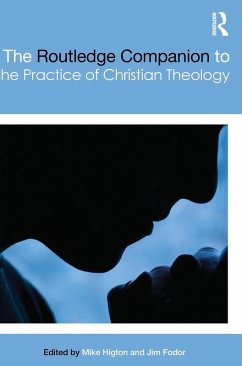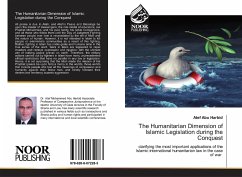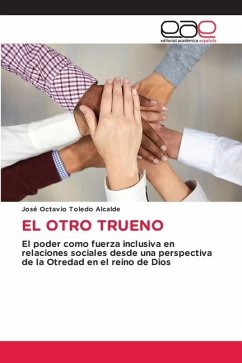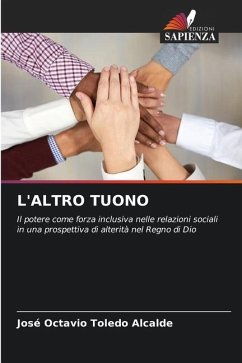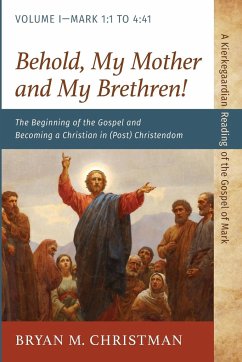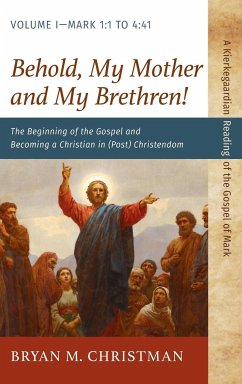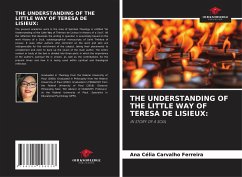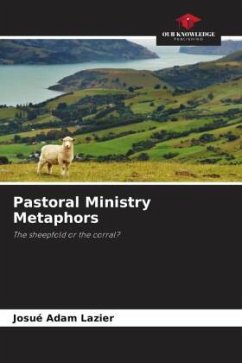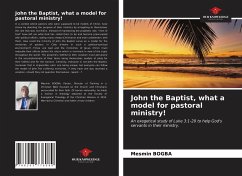
THE OTHER THUNDER
Power as an inclusive force in social relations from an Otherness perspective in the kingdom of God.
Versandkostenfrei!
Versandfertig in 6-10 Tagen
40,99 €
inkl. MwSt.

PAYBACK Punkte
20 °P sammeln!
The complexity of social relations, the weakening of popular religious and secular organizations in Latin America, the growing sense of individualization as a survival mechanism in the midst of an exclusionary and atomized economic system, where the values of the market and individual prosperity rule globally, requires us to ask the following question: is it possible to make power an inclusive individual and collective vital force and not a deadly excluding instrument in social relations from the perspective of spirituality and faith? The need for interdisciplinary cross-referencing of informa...
The complexity of social relations, the weakening of popular religious and secular organizations in Latin America, the growing sense of individualization as a survival mechanism in the midst of an exclusionary and atomized economic system, where the values of the market and individual prosperity rule globally, requires us to ask the following question: is it possible to make power an inclusive individual and collective vital force and not a deadly excluding instrument in social relations from the perspective of spirituality and faith? The need for interdisciplinary cross-referencing of information is an exercise of utmost importance that enriches theological and academic work in general. We assume this need as a challenge and a risk. This challenge becomes a risk when in the attempt to link reason and faith we can get lost in academic rationing or get lost in existential philosophical speculation.



